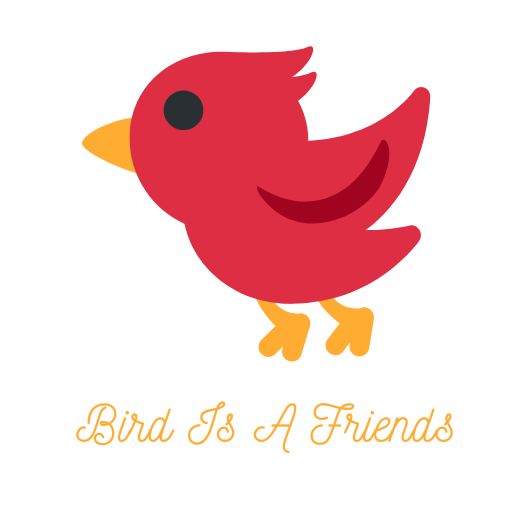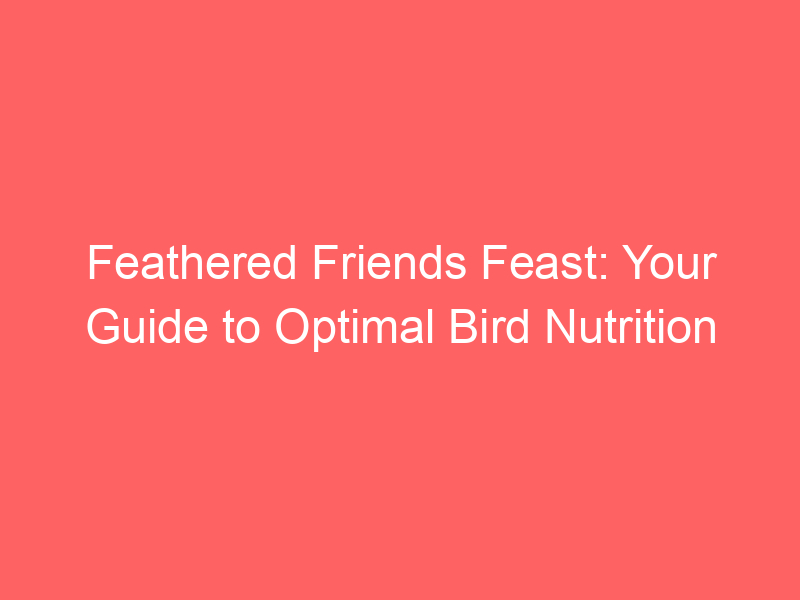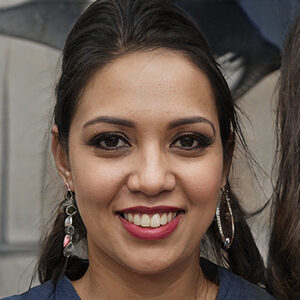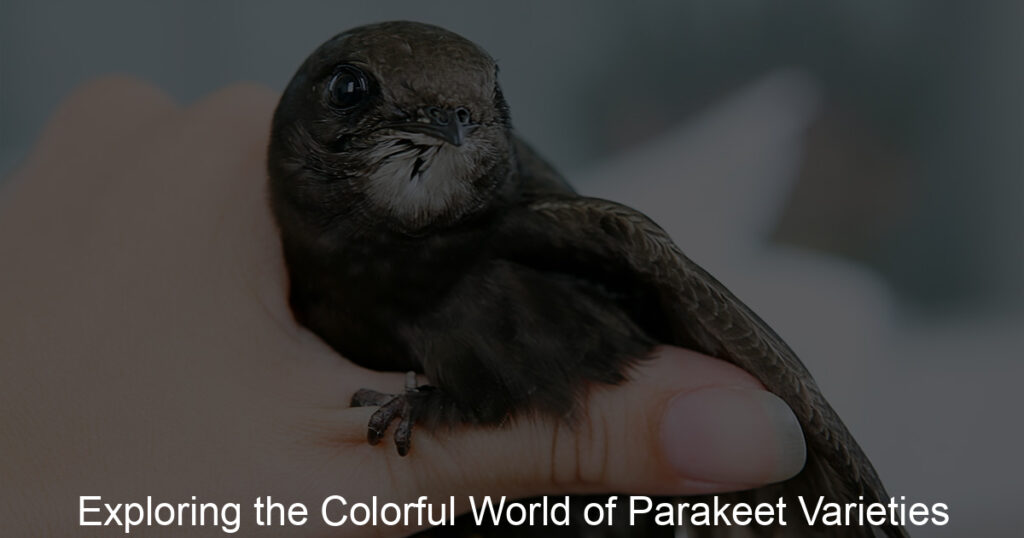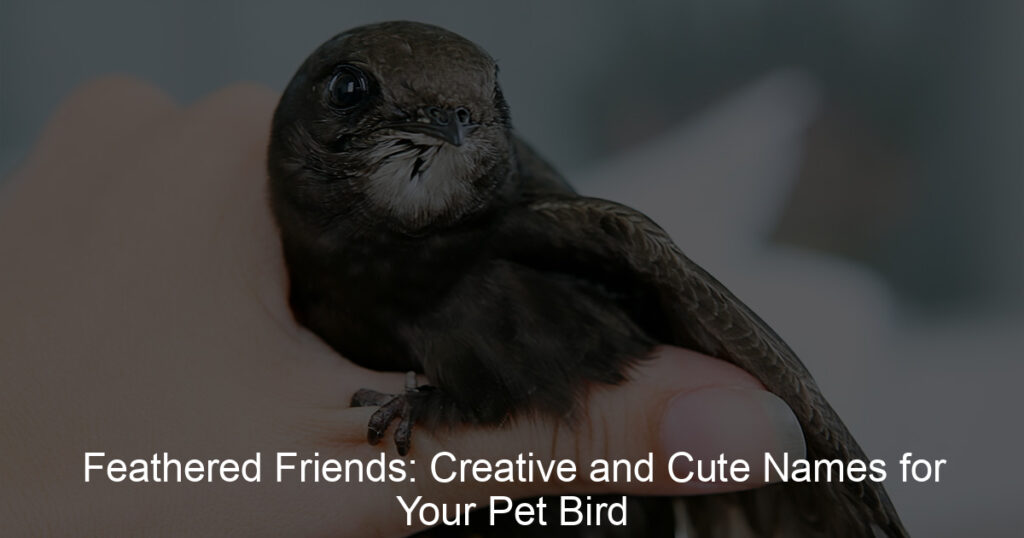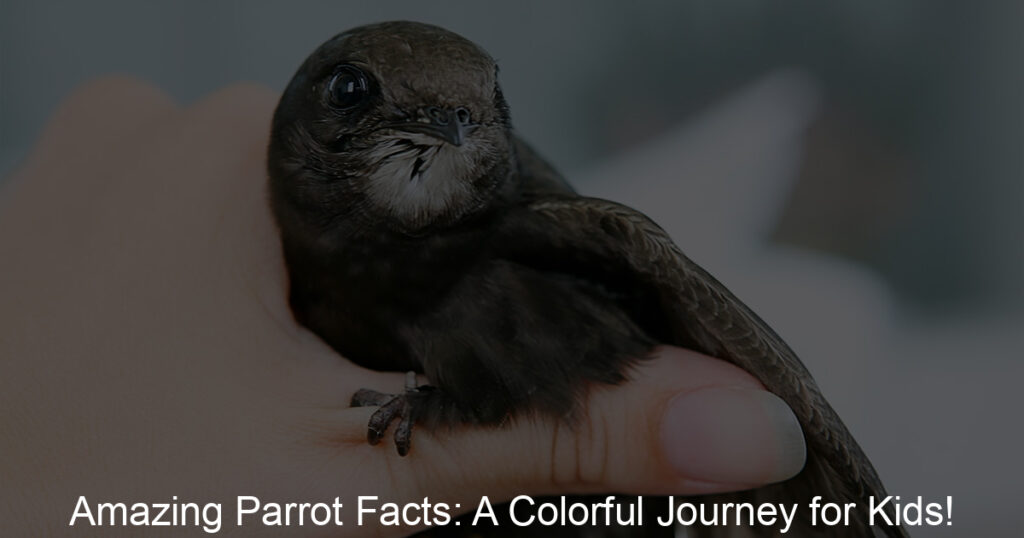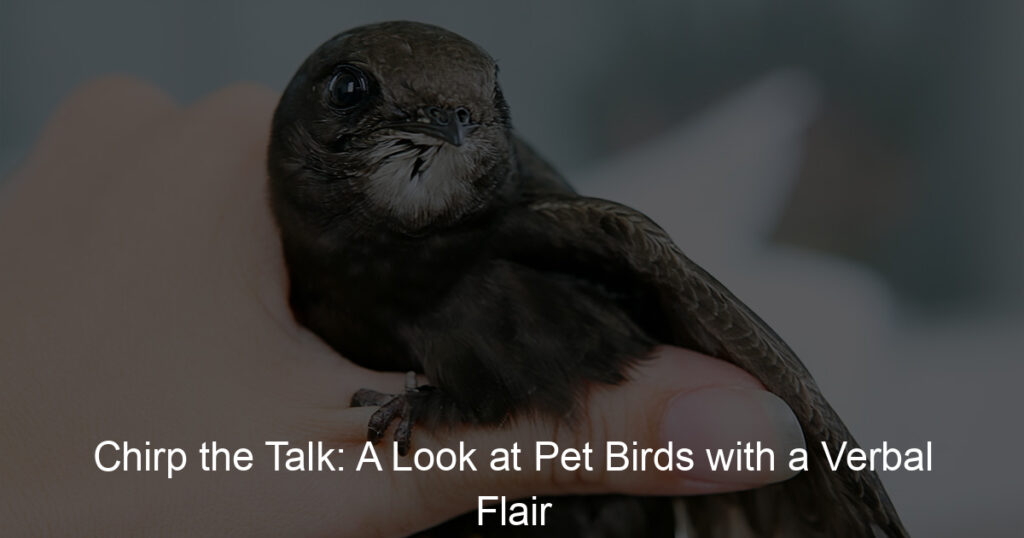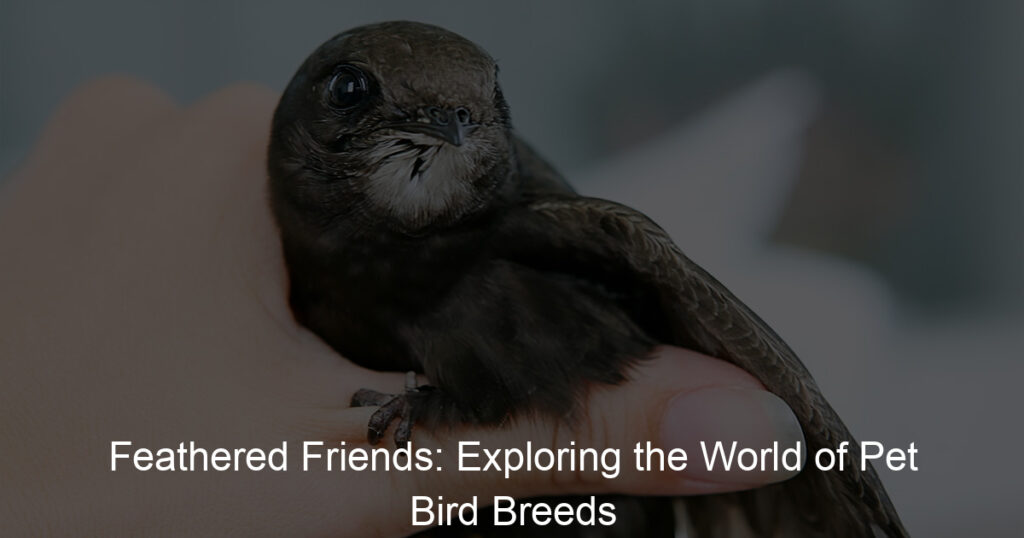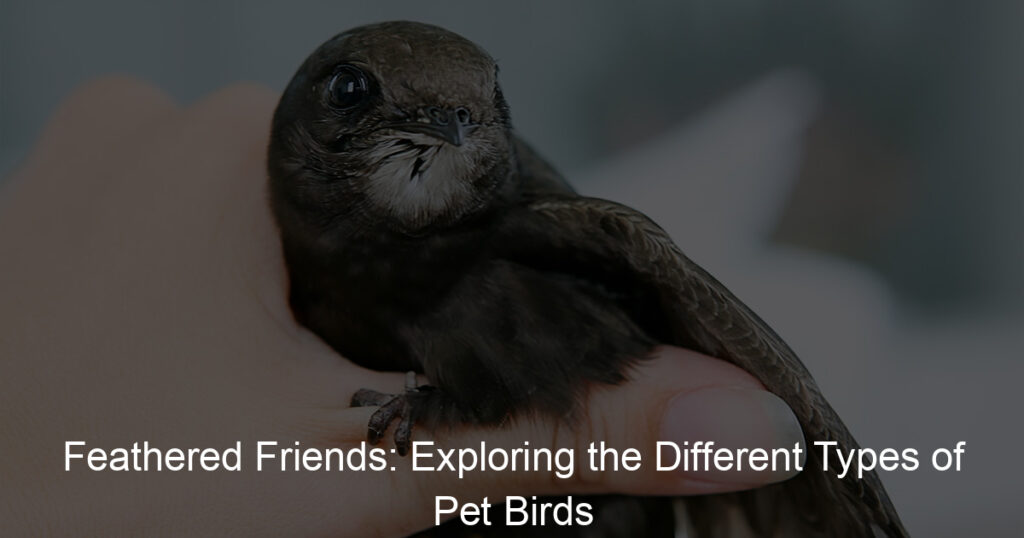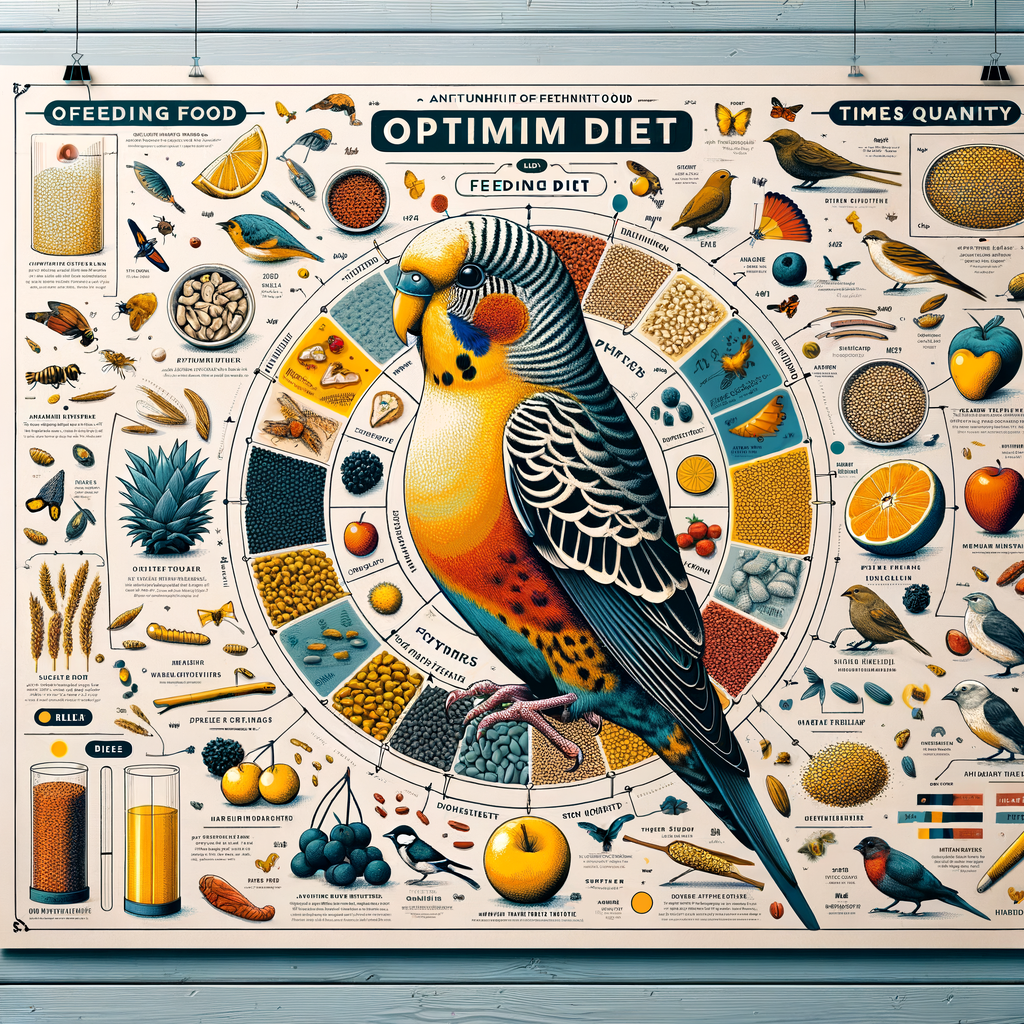
Introduction to Bird Nutrition
Just like humans, birds also need a balanced diet to stay healthy and active. Understanding bird nutrition is essential for anyone who owns a bird or is interested in bird watching. In this section, we will discuss the importance of a balanced bird diet and debunk some common misconceptions about bird feeding.
- Importance of a Balanced Bird Diet
Feeding birds might seem simple, but it’s more than just providing seeds or breadcrumbs. A balanced diet for birds includes a variety of foods such as seeds, fruits, vegetables, and proteins. This diversity ensures they get all the necessary nutrients, vitamins, and minerals needed for their growth, reproduction, and survival.
Did you know that a bird’s diet can affect its lifespan? Yes, a well-balanced diet can significantly increase a bird’s life expectancy. Birds with a balanced diet are also more likely to have vibrant feathers, a sign of good health.
- Common Misconceptions about Bird Feeding
There are several misconceptions about bird feeding that can harm our feathered friends. One common myth is that birds only eat seeds. While seeds are a part of their diet, they should not be the only food source. Birds need a variety of foods to get all the necessary nutrients.
Another misconception is that feeding birds can make them dependent on humans for food. This is not true. Birds are natural foragers and will continue to search for food in the wild, even if they are regularly fed by humans.
Lastly, many people believe that it’s okay to feed birds bread. However, bread provides little to no nutritional value for birds and can even be harmful if it’s moldy. Instead of bread, consider offering birds fruits, vegetables, or specially formulated bird food.
Understanding bird nutrition and feeding habits can help us take better care of our feathered friends. So, let’s dive deeper into the world of bird nutrition in the following sections.
Your Comprehensive Bird Nutrition Guide
Understanding the dietary needs of your feathered friends is crucial for their health and happiness. In this section, we will explore the importance of proteins, vitamins, minerals, and carbohydrates in a bird’s diet.
Understanding Bird Dietary Needs
- Protein requirements for birds
- Importance of vitamins and minerals
- The role of carbohydrates in a bird’s diet
Proteins are the building blocks of life. Birds need a high-protein diet to support their fast metabolism and to maintain their feathers, beak, and skin. The protein requirement varies depending on the bird’s age, size, and species. For instance, canaries need about 15% protein in their diet, while parrots require 10-20%.
Vitamins and minerals are essential for a bird’s overall health. They support various bodily functions such as bone formation, blood clotting, and immune system function. Birds get most of their vitamins and minerals from fruits, vegetables, and seeds. However, they may need supplements if their diet is not balanced.
Carbohydrates provide energy for birds. They are found in foods like seeds, grains, and fruits. However, it’s important to note that not all carbs are created equal. Complex carbs, like those found in whole grains and vegetables, are healthier than simple carbs, like those in sugary foods.
In summary, a balanced bird diet should include a mix of proteins, vitamins, minerals, and carbohydrates. Understanding these dietary needs will help you provide the best care for your feathered friends.
Optimal Bird Diet: What to Include
Feeding your bird a balanced diet is crucial for their health and well-being. Here are some key components to include in an optimal bird diet:
- Seeds and Grains: Seeds and grains are a staple in many bird diets. They provide essential nutrients such as carbohydrates and fats. However, they should not be the only food source for your bird. A diet solely based on seeds and grains can lead to nutritional deficiencies. Variety is key.
- Fruits and Vegetables: Fruits and vegetables are a great source of vitamins and minerals for birds. They also provide hydration and can be a fun food for your bird to eat. Be sure to wash all fruits and vegetables thoroughly before feeding them to your bird. Avoid feeding your bird avocados and onions as they can be toxic to them.
- Protein Sources: Protein is essential for your bird’s growth and development. It helps in feather production and muscle growth. Good sources of protein for birds include cooked eggs, lean meats, and legumes. Remember to serve these foods in moderation as too much protein can be harmful to your bird.
Remember, every bird is unique and may have specific dietary needs. Always consult with a veterinarian or a bird nutrition expert to ensure you’re providing the best diet for your bird.
Bird Feeding Tips for a Healthy Diet
One of the most important aspects of maintaining a healthy diet for your bird is establishing a consistent feeding schedule. This not only ensures that your bird gets the nutrients it needs, but also helps to regulate its body functions and maintain a healthy weight.
Feeding Schedule
Let’s delve into the specifics of setting up a feeding schedule for your bird.
- How often to feed your bird
- Best times of day for feeding
Typically, birds should be fed twice a day, once in the morning and once in the evening. This mimics their natural feeding patterns in the wild. However, the frequency can vary depending on the species and age of your bird. Younger birds and those with higher energy needs may require more frequent feedings. Always consult with a vet or a bird care expert to determine the best feeding schedule for your specific bird.
The best times to feed your bird are usually early in the morning and late in the afternoon. This is when birds are most active and therefore most likely to eat. Feeding your bird at these times can also help to establish a routine, which can be beneficial for both you and your bird. However, it’s important to monitor your bird’s behavior and adjust the feeding times as needed. If your bird seems hungry earlier or later than usual, you may need to adjust the feeding times accordingly.
Remember, consistency is key when it comes to feeding your bird. A regular feeding schedule not only ensures that your bird gets the nutrients it needs, but also helps to regulate its body functions and maintain a healthy weight.
Portion Sizes
Understanding the correct portion sizes for your bird is crucial to ensure they receive the right amount of nutrients. This section will guide you on how much to feed your bird and how to adjust portion sizes based on bird size and species.
- How much to feed your bird
- Adjusting portion sizes based on bird size and species
As a general rule, birds should be fed a portion size that is equal to 10-15% of their body weight daily. For example, if your bird weighs 100 grams, they should be fed 10-15 grams of food each day. However, this can vary depending on the bird’s age, health, and activity level. Always monitor your bird’s weight and adjust the portion size as needed.
Different bird species have different dietary needs and therefore require different portion sizes. Larger birds, such as parrots, may require more food than smaller birds like canaries. Furthermore, some species may require a diet rich in fruits and vegetables, while others may need more seeds and grains. It’s crucial to research your bird’s specific species to understand their unique dietary needs.
Remember, portion sizes are just one aspect of your bird’s nutrition. It’s also important to provide a balanced diet that includes a variety of foods. Always consult with a vet or a bird nutrition expert if you’re unsure about your bird’s dietary needs.
| Bird Species | Average Portion Size |
|---|---|
| Canary | 1-2 grams |
| Parakeet | 2-3 grams |
| Parrot | 15-20 grams |
This table provides a general guideline for portion sizes based on bird species. However, individual needs may vary. Always consult with a professional for personalized advice.
Bird Food Nutrition: What to Avoid
When it comes to feeding our feathered friends, it’s crucial to understand that not all food items are safe or healthy for them. Some foods that we humans enjoy can be harmful, or even deadly, to birds. Let’s delve into the details of what to avoid when feeding birds.
- Unhealthy food items
- Processed foods: These are typically high in salt and sugar, which can be harmful to birds.
- Avocados: This fruit contains a toxin called persin, which can cause respiratory distress and heart failure in birds.
- Chocolate: It contains theobromine, a substance that can cause heart problems and seizures in birds.
- Alcohol and caffeine: These substances can cause serious health problems in birds, including heart damage, nervous system disorders, and even death.
- Common food items that can be harmful to birds
- Onions and garlic: These vegetables contain sulfides, which can cause anemia in birds.
- Fruit pits and apple seeds: They contain cyanide, which can be deadly to birds.
- Milk and dairy products: Birds cannot digest lactose, which is found in dairy products. This can lead to digestive problems.
- Raw peanuts: They can contain aflatoxins, which are harmful to birds.
There are several food items that are unhealthy for birds. These include:
Some everyday food items that we consume can also be harmful to birds. These include:
In conclusion, it’s essential to be aware of the potential dangers that certain foods can pose to birds. Always research and consult with a vet before introducing a new food to your bird’s diet. Remember, a healthy bird is a happy bird!
Guide to Bird Nutrition: Special Considerations
In this section, we will delve into the special considerations you need to take into account when feeding birds, particularly baby birds. Feeding baby birds is not the same as feeding adult birds. They have unique dietary needs and require careful handling.
Feeding Baby Birds
When it comes to feeding baby birds, there are two key areas to focus on: understanding their special dietary needs and learning how to feed them safely.
- Special Dietary Needs of Baby Birds
- How to Safely Feed Baby Birds
Baby birds, also known as nestlings or fledglings, have specific dietary needs. Unlike adult birds, they can’t eat seeds or hard foods. Instead, they need soft, easy-to-digest foods. Protein is crucial for their growth and development. Foods like insects, worms, and caterpillars are excellent sources of protein.
Feeding baby birds is a delicate task. It’s important to remember that they are not used to human contact and can easily get stressed. Always use a soft, small tool like a dropper or a syringe to feed them. Be gentle and patient. Never force food into their mouths as it can cause choking. Also, ensure the food is not too hot or too cold. Room temperature is best.
Feeding baby birds requires knowledge, patience, and care. By understanding their special dietary needs and learning how to feed them safely, you can help them grow into healthy, strong adult birds.
Feeding Birds with Dietary Restrictions
Just like humans, birds can also have dietary restrictions. These restrictions can be due to various reasons such as health conditions, age, or species-specific needs. It’s essential to understand these restrictions to provide your feathered friends with the right nutrition they need to thrive. Let’s delve into some common bird dietary restrictions and how you can cater to them.
- Common Bird Dietary Restrictions
- How to Cater to These Restrictions
- Consult a Vet: If you suspect your bird has a dietary restriction, consult a vet. They can provide a proper diagnosis and recommend a suitable diet.
- Read Labels: Always read the labels on bird food. This can help you avoid ingredients your bird is allergic to.
- Customize Diet: Customize your bird’s diet based on their species and age. For example, provide soft foods for baby birds and seed-based diets for finches.
There are several dietary restrictions that birds may have. Here are a few common ones:
| Restriction | Description |
|---|---|
| Allergies | Some birds may be allergic to certain foods like peanuts or soy. |
| Age-related restrictions | Young and old birds may require different diets. For instance, baby birds usually need softer, easy-to-digest foods. |
| Species-specific restrictions | Every bird species has unique dietary needs. For example, parrots need a diet rich in fruits and vegetables, while finches thrive on seeds. |
Once you’re aware of your bird’s dietary restrictions, it’s time to adjust their diet accordingly. Here are some tips:
Remember, every bird is unique, and so are their dietary needs. With a little bit of knowledge and care, you can ensure your bird gets the nutrition they need while adhering to their dietary restrictions.
Proper Bird Diet: Case Studies
Let’s take a closer look at how a proper diet can significantly impact a bird’s health and lifespan. We have two fascinating case studies to share with you.
- Case study 1: Improving bird health through diet
- Case study 2: The impact of diet on bird lifespan
In this case study, a group of parakeets were observed over a period of two years. Half of the parakeets were fed a diet of seeds only, while the other half were given a balanced diet consisting of seeds, fruits, vegetables, and specially formulated bird pellets.
The results were astonishing. The parakeets on the balanced diet showed a significant improvement in their overall health. They were more active, their feathers were brighter, and they showed fewer signs of illness. This study clearly shows the importance of a balanced diet in improving bird health.
In another study, researchers looked at the lifespan of canaries. They compared canaries fed a diet of seeds only to those fed a balanced diet. The canaries on the balanced diet lived, on average, 25% longer than those on the seed-only diet.
This significant increase in lifespan can be attributed to the balanced diet, which provided the canaries with all the nutrients they needed to thrive. This study emphasizes the impact a proper diet can have on a bird’s lifespan.
These case studies highlight the importance of a balanced diet for birds. A proper diet can not only improve a bird’s health but also extend its lifespan. So, if you want your feathered friend to live a long, healthy life, make sure to provide a balanced diet.
| Case Study | Diet | Result |
|---|---|---|
| 1: Parakeets | Seeds only vs Balanced diet | Improved health with balanced diet |
| 2: Canaries | Seeds only vs Balanced diet | 25% longer lifespan with balanced diet |
Bird Diet Essentials: Key Takeaways
As we conclude our comprehensive guide on bird nutrition, let’s summarize the key points we’ve covered. Understanding these points will help you provide the best possible care for your feathered friends.
- Importance of a Balanced Diet
A balanced diet is crucial for the overall health and well-being of your bird. It should include a variety of foods such as seeds, fruits, vegetables, and grains. This ensures that your bird gets all the necessary nutrients it needs to thrive. Remember, a diet that is too high in fat can lead to obesity and other health problems in birds.
- Feeding Tips for a Healthy Bird Diet
Feeding your bird properly involves more than just providing food. It’s also about the timing, quantity, and variety of food. Birds should be fed at least twice a day, in the morning and evening. The quantity of food should be enough for the bird to consume within a day. Always provide fresh water and remove any uneaten food to prevent bacterial growth.
- Understanding Bird Food Nutrition
Understanding bird food nutrition is essential in providing a balanced diet. Each type of food has its own nutritional value. For instance, seeds are high in fat but low in vitamins, while fruits and vegetables are rich in vitamins but low in protein. Therefore, a mix of different foods is necessary to meet all nutritional needs.
Let’s look at a table summarizing the nutritional value of common bird foods:
| Food Type | Protein | Fat | Vitamins |
|---|---|---|---|
| Seeds | Low | High | Low |
| Fruits | Low | Low | High |
| Vegetables | Low | Low | High |
| Grains | Medium | Low | Medium |
Remember, the key to a healthy bird diet is balance and variety. By understanding bird nutrition and implementing these feeding tips, you can ensure your bird lives a long, healthy, and happy life.
Nutrition for Birds: Conclusion
As we wrap up our comprehensive guide on bird nutrition, let’s take a moment to reflect on the key points we’ve discussed. It’s crucial to remember that proper nutrition is the cornerstone of a bird’s health and longevity.
- Reiteration of the importance of proper bird nutrition
- Final thoughts and recommendations
Proper bird nutrition is not just about feeding your bird. It’s about providing a balanced diet that includes a variety of foods, such as seeds, fruits, vegetables, and proteins. This ensures that your bird gets all the nutrients it needs for optimal health. A well-nourished bird is more likely to have a strong immune system, vibrant feathers, and a long, healthy life.
As a bird owner, your responsibility extends beyond providing shelter and affection. You are in charge of your bird’s diet and overall health. We recommend consulting with a vet or a bird nutrition expert to create a diet plan that suits your bird’s specific needs. Remember, every bird is unique and what works for one might not work for another.
Lastly, always monitor your bird’s health and adjust their diet as necessary. If you notice any changes in their behavior, appetite, or physical appearance, seek professional help immediately. A well-fed bird is a happy bird, and a happy bird makes for a happy owner.
